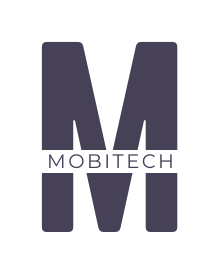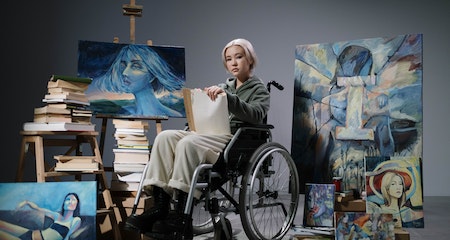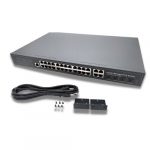A person with a developmental disability may have difficulties communicating, being understood, and supporting themselves. They may also experience anger and frustration, resentment or depression, hopelessness, guilt and embarrassment.
They can live with their family members in the community, in supervised-group home or in their own homes (that rent or they own). They can have a full range of support, from one-to-one assistance to 24-hour help.
Services for Children
A child with a disability support services Melbourne might need additional services to support their mental and physical well-being. Parents and caregivers may feel overwhelmed by the task of connecting with the right specialists, funding sources, and other services.
State laws govern eligibility for developmental disability services. These state laws define the criteria that must be met for your child to be eligible for specialized care. For more information, visit the Applying for Determination Of Eligibility webpage. Or call OCDD at 1-866-432-333336.
OPWDD provides care and services for children with intellectual disabilities, autism spectrum disorders, cerebral palsy, spinal cord injury, and other neurological impairments. These services include home and community-based services, residential options waivers, respite, counseling and family support.
Therapeutic Behavioral Services (TBS) helps youth and their families manage challenging behavior through short-term interventions that are based on the needs of the child, family, and community. Specifically, TBS can help youth during a transition from hospitalization or an out-of-home placement and when they return to their home.
Services for Adults
While many people with developmental disabilities are able to live independently or in the care of a close family member, others require more intensive round-the-clock services that are tailored to their level of need.
At The Foundling, adults with developmental disabilities receive a wide range of housing and services that support their unique needs. Our residential programs and day support provide compassionate, engaging care.
Individualized residences are staffed with support professionals, qualified health care and Medicaid service coordinators 24 hours a day. Residents are encouraged and supported to become independent and self-reliant through skills development, community integration and a person-centered approach that emphasizes choice.
HeartShare also offers support services to assist individuals with intellectual or developmental disabilities in living more independently. These include Respite and Supervised Living, Service Coordination, Supported Employment, Home Modifications, Assistive Technology, and Flexible Family Funding.
Services for the Elderly
Developmental disabilities (DDs) are conditions that severely limit a person’s ability or capacity to perform major life activities, such as self-care, learning, language, social and emotional behavior, and learning.
These limitations can limit an individual’s ability in the community and can have a negative impact on their health and quality life. DD services are designed to ensure that people with disabilities are fully integrated in the community and have the same rights and opportunities for older members of the community.
There are numerous agencies that provide a wide range of supports for persons with developmental disabilities. These include support workers, care coordination organizations and family care providers. They offer counseling, referrals, and free or low-cost resources. They help people with a developmental disability find employment, ease the transition from school to community living, and encourage integration into their communities.
Services for the Disabled
Developmental disability services offer adults with disabilities the opportunity to live, work and contribute to their community. They have access to employment and family support services, as well as day programs.
People with developmental disabilities often live in large institutions known as Developmental Centers. But this unjustified segregation of people with disabilities violates the Americans with Disabilities Act.
As a result, HeartShare is constantly innovating its developmental disability services to make sure people are included in the community and can have control over their lives. This process is known as self-direction or “self-determination.”
NH’s developmental disability system is evolving from an institutional model of service to a more flexible, dynamic service system that is tailored to the needs of adults living in their own homes. This new model includes community residential and day support services that are centered on the person’s interests, strengths, needs and preferences. Personal Outcome Measures (POM) are used to assess the impact of these services on the individual.





